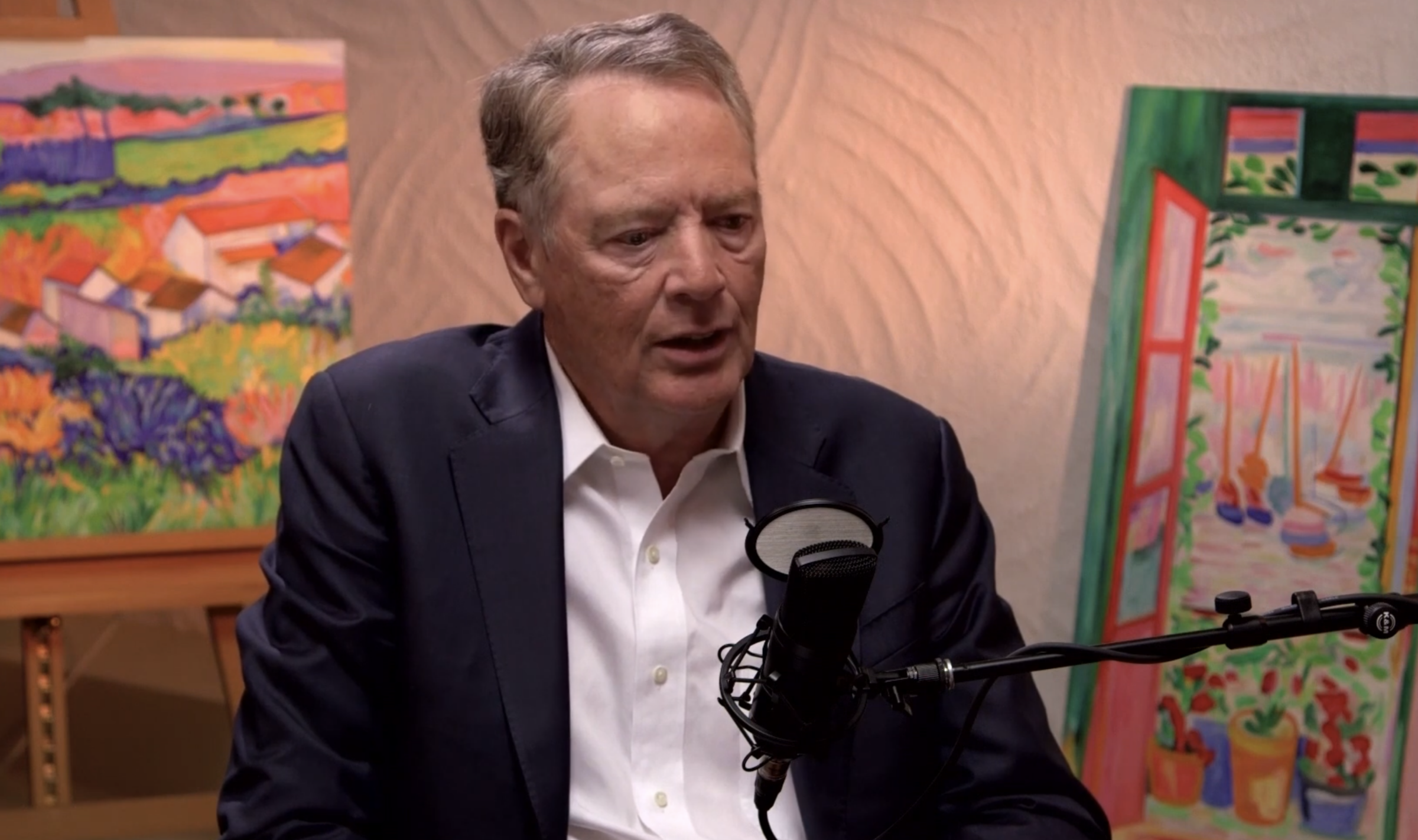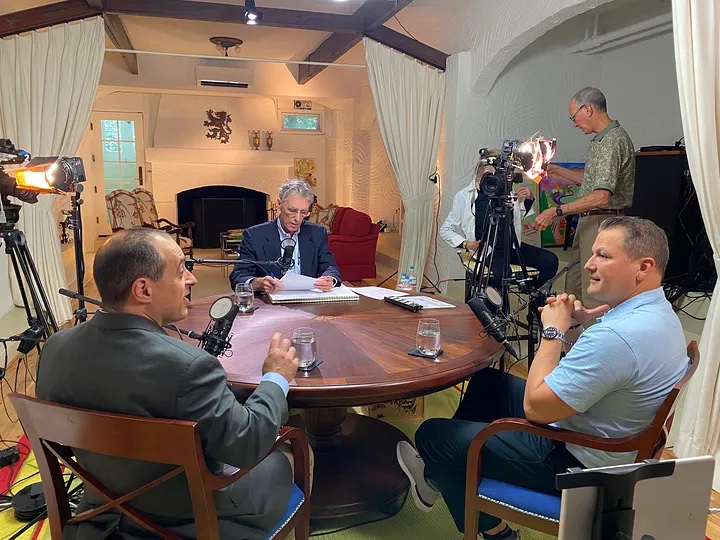


State’s Climate Act Isn’t Worth Price We’re Paying

From 1979 to 2019 Finished Goods Became 761 Percent More Abundant for Upskilling Workers
35 consumer goods take 54.4% to 94.9% less time to earn the money to buy. Most of us begin our work life as unskilled workers. But we learn new skills every day and this allows us to upgrade to higher-paying jobs. In a word, we enjoy career mobility. This is why it is important to follow a person’s path through their economic life. We create categories to divide populations into groups. Categories can provide useful demographic snapshots. Categories don’t change but people move through categories throughout their lives. This is why in many cases it makes more sense to look at individuals instead of categories. We talk about this issue here. We looked at the time prices of 35 finished goods Read More ›

“When ‘Free Trade’ Does More Harm Than Good” with Robert Lighthizer
Click here to watch the interview. For regular listeners, you know I like to take on complicated subjects, and try to make clear what’s at stake for all of us. Thanks for reading The Bill Walton Show! Subscribe for free to receive new posts and support my work. Pledge your support In this episode the Bill Walton Show we take a another deep dive into one of the most complicated and contentious areas of economic policy: International trade. International trade negotiations are incredibly complex multilevel games—there are negotiations not just with America’s trading partners, but with Congress, domestic constituencies, and rival factions within the executive branch. There are sharp – almost theological – differences in how trade policy ought Read More ›

Financial Regulation: Boring, or Terrifying? with Chris Iacovella and Norbert Michel
Watch the episode on YouTube. A slew of financial crises that stretch all the way back to the banking Panic of 1907 have been exploited to justify erecting a financial regulatory system that has vastly centralized and expanded federal power over our money. The irony is that these crises were largely caused, or at least exacerbated, by poorly designed government regulations. What we have now is an unholy alliance of regulators, mega banks and entrenched special interests who are the chief beneficiaries our system of opaque and complex financial regulation. Adding to this mix is the progressive Left who are now using our financial system to push its DEI and climate change agendas. Joining me on this episode to explore Read More ›

George Will: Progressive Gloom Ignores a Marvelous Historical Economic Measure

The BRICs Go For Gold

Leftist Media Distort New Homelessness Study To Support Failed ‘Housing First’ Policies

Book Review: George Gilder’s Brilliant ‘Life After Capitalism’
It was probably fifteen years ago that I was at lunch with Banknote Capital’s Jim Fitzgerald. We were finishing up when the conversation shifted to tax rates, at which point Fitzgerald dismissed the notion that lower rates stimulate more work. To be clear, Fitzgerald was not saying that he opposed lower tax rates. He was and is very much for them. But he was expressing his disdain for the theory that lower rates cause people to work more. In his case, Fitzgerald would work a great deal precisely because there was joy in it. Still, what he said at the time was jarring. It called into question so much that was accepted wisdom. Gradually it made lots of sense. Tax Read More ›

Reserve Currency? We Don’t Need No Stinkin’ Reserve Currency
A hot question among economic pundits of late is, “What will replace the US dollar (USD) as the world’s reserve currency?” Perhaps a better question is, “Does there need to be an actual replacement?” Currently, the USD plays several major roles: There would appear to be no current alternative that completely contains every one of these attributes. But recently, there has been a plethora of bi-lateral and multi-lateral trade agreements, particularly among the BRICS nations (Brazil, Russia, India, China, South Africa), which provide the ability to settle trade transactions in local currency or other acceptable payment mechanisms, thus satisfying the USD role number one cited above. Simply put, if a country can settle much of its trade liabilities without requiring the Read More ›
